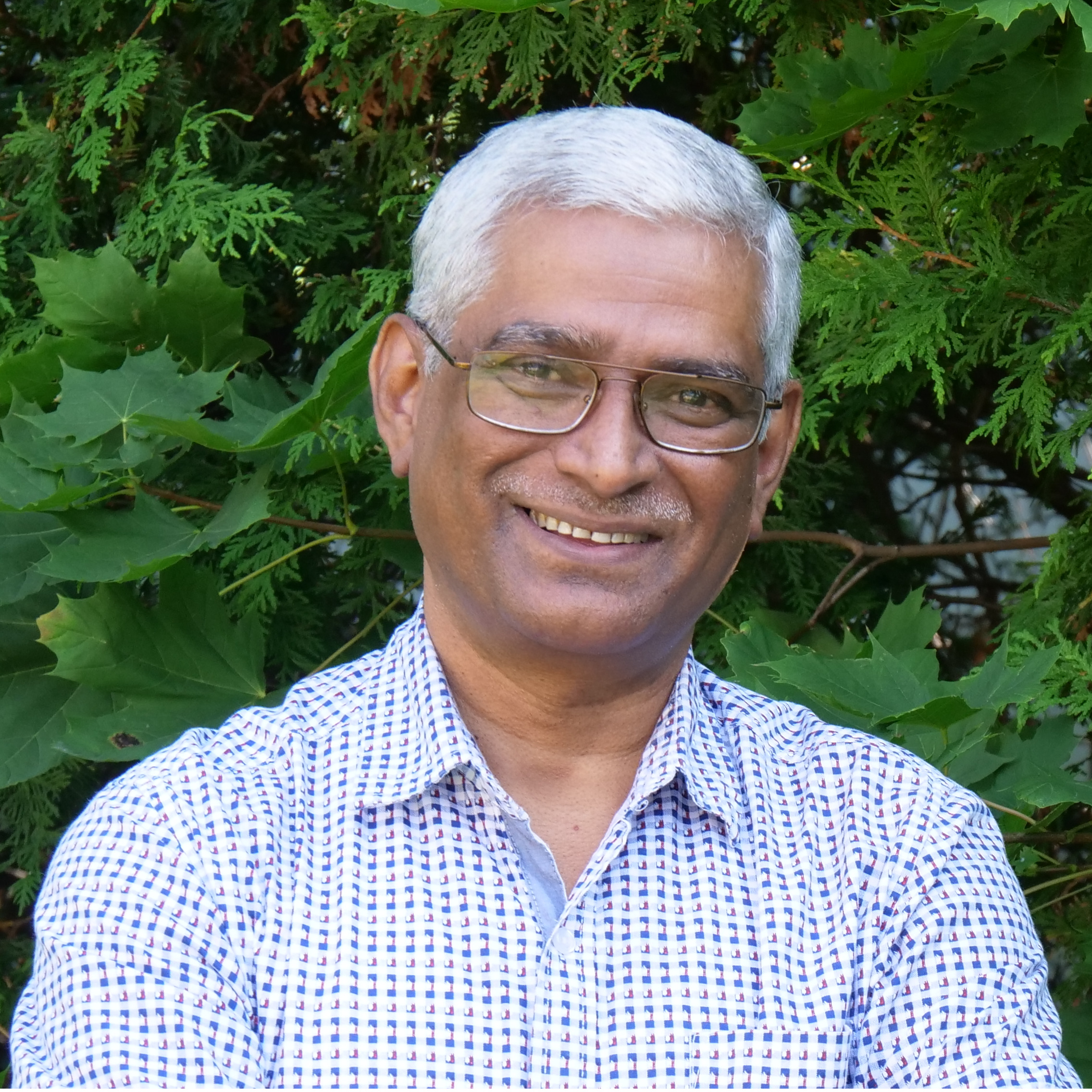Ayurveda Wellness Counselor
Core Program Length: 500 hours
Ayurveda Wellness Counselor course is prepared according to guidelines of Canadian Ayurveda Medical Alliance. Students are also required to complete 2 of the elective program package options to round out their training.
With this training become ready for a fulfilling and rewarding career in Ayurveda. On completion of this 500-hour program, the practitioner will be able to:
- Assess The Client’s Ayurvedic Body-Mind Type And State Of Balance And Imbalance
- Customize His/Her Own Wellness Program With Proper Use Of Diet, Lifestyle Routine, Yoga And Meditation
- Apply Protocols For Restoring Balance And Wellness For Common Health Conditions
- Diagnose Using Pulse And Tongue For The Early Detection And Understanding Of Imbalances In The Different Areas Of The Body
SUBJECTS COVERED
1.Ayurvedic Philosophy & Ayurvedic Anatomy (Padarth vigyan and Rachana sharir)
- History and philosophy of Ayurveda
- Introduction to the basics of the three Gunas, five elements, and three doshas
- The concept of prakruti (individual constitution) and vikruti (imbalanced state)
- The principals of Sankhya philosophy and cosmology
- Introduction to Ayurvedic anatomy: doshas,dhatus, malas, and strotas
2.Ayurvedic Physiology (Kriya sharir)
- In-depth study of the sub-doshas of Vata, pitta, and kapha
- Study of sevendhatus (tissues), three malas (wastes), and sixteen srotas (pathways)
- Explore the effect of sattva,rajas, and tamas (three gunas) on the mind and emotions
- Symptoms of doshic imbalance
- Function and importance of Agni (digestive ability) and its role in maintaining health
3.Ayurvedic Psychology (Manas Vigyan)
- Study of the mental doshas: origin, location, and function
- Study of the human psyche and its components
- The five sheaths, kundalini, seven chakras and the three gunas
- Exploration of the different mental constitutions
4.Ayurvedic Nutrition & Dietetics (Ahara Poshana Vigyan)
- The importance of daily routine (dinacharya) and seasonal routines (ritucharya)
- Importance of the six tastes of food in establishing doshic balance
- Client diet evaluation and recommendations
- Understanding the digestive process
5.Evaluate constitution, Pathogenesis& Diagnosis (Prakriti, Vikrati Vigyana & Roga Nidana Vigyana)
- Taking patient history and evaluating constitution
- Pulse diagnosis
- Tongue diagnosis
- Diagnostic techniques including physical observation
- Study of the various stages of disease and their classifications
- Aggravation and alleviation of the doshas
- The study of ojas and its importance to the immune system
6.Ayurvedic Detoxification (Pancha Karma Vigyan)
- Theoretical and practical study of Pancha karma
- Learn various therapeutic treatments
- Preparation of herbal concoctions used in panchakarma
- Study of Rejuvenative therapies and incorporate Marmatherapy
7.Ayurveda Herbology (Dravya Guna Vigyan)
- Clinical preparation and application of major Ayurvedic herbs
- Herbal energetics: rasa,virya, vipaka, and prabhava
- Learn to combine healing herbs
- The therapeutic use of spices in cooking for establishing and maintaining balance
- The use of spices in the therapeutic treatment of disease
8.Diagnosing and Managing Disease Part 1 (Chikitsa Vigyana)
- Client examination, Ayurvedicdiagnosticsand etiology
- Study of various diseases of the respiratory and digestive systems
- Imbalances of the doshas,dhatus, and malas
- Dietary management
9.Diagnosing and Managing Disease Part 2 (Chikitsa Vigyana)
- The study of cardiovascular, urinary and skin disorders
- Aggravation of doshas,dhatus, and malas
- Treatments for cardiovascular, urinary and skin disorders
10.Diagnosing and Managing Disease Part 3 (Chikitsa Vigyana)
- Diagnosis, prognosis, and treatment of gynecological diseases
- Study of the diseases of the ear, nose, and eye
- Treatment of the above diseases
11.Review and Final Comprehensive Exam
- Review of course materials
- Practical clinical workshop
- Final exam includes written, interview and clinical
Types of Recommendations:
1 Personalized diet plan – foods to favor, reduce or avoid along with recipes
2 Lifestyle recommendations
3 Cleansing programs
4 Stress reduction techniques
5 Yoga postures, breath exercises
An appointment with Dr Gupta will leave you with easy to follow guidelines to help restore balance and enhance your body’s own healing process.


